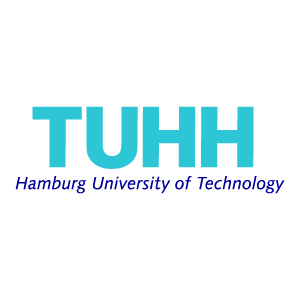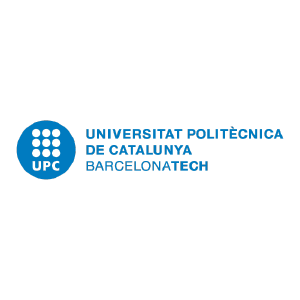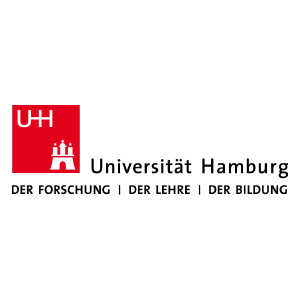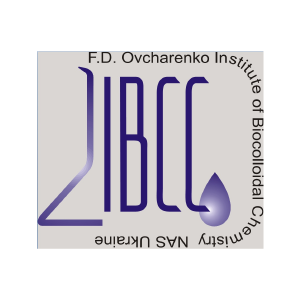Hamburg University of Technology

Founded in 1978, TUHH is one of the youngest technical universities in Germany. From conception, TUHH has followed a path of combining internationally recognized research following interdisciplinary approaches with strong collaboration with industry and other societal actors. About half of TUHH’s research funding comes from third parties. TUHH has numerous cooperation agreements with major business enterprises and SMEs. TUHH is a relatively small university by modern standards with around 8000 students of whom just under 20% are international, but it is in a phase of rapid expansion. Its compact size, supports the orientation to inter-disciplinary research.
Aside from industrially orientated research, basic research collaborations are also well-supported, for example, the Collaborative Research Center (SFB) “Tailor-Made Muli-Scale Materials Systems, M3” funded by the Deutsche Forschungsgemeinschaft (DFG). TUHH has participated in over 20 Horizon 2020 projects. TUHH is a member of the European Consortium of Innovative Universities (ECIU), a network of 13 universities in 12 European countries plus Mexico, which work collaboratively to be at the forefront of innovation in teaching and learning and in knowledge exchange with wider society in their regions and beyond. The ECIU has been awarded Erasmus funding to become one of the first European University pilots. The research group of Patrick Huber is part of the Institute of Materials and Technology. The group has currently 12 staffs, encompassing 5 PhD students, 2 post-docs and 3 technical personnel. The Huber research group engages in fundamental experimental research in condensed-matter physics and on novel functional materials. We profit from the vivid and inspiring Natural and Materials Science environment of the Hamburg metropolitan area, encompassing Hamburg University (UHH), the Helmholtz-Zentrum Geesthacht for Coastal and Materials Research (HZG), the European X-Ray Free Electron Laser (XFEL) and the Deutsche Elektronen-Synchrotron (DESY). We are member of the Centre for Advanced Materials (ZHM Hamburg) and of the Collaborative Research Initiative SFB 986 “Tailor-Made Multi-Scale Materials Systems M3”.
Role in the project:
In the consortium Huber group will contribute to the materials synthesis (monolithic nanoporous silicon) as well as in the experimental characterization of the imbibition, drying and cavitation dynamics in porous media as well as the interplay of mechanics and fluidics in nanoporous electrodes.






